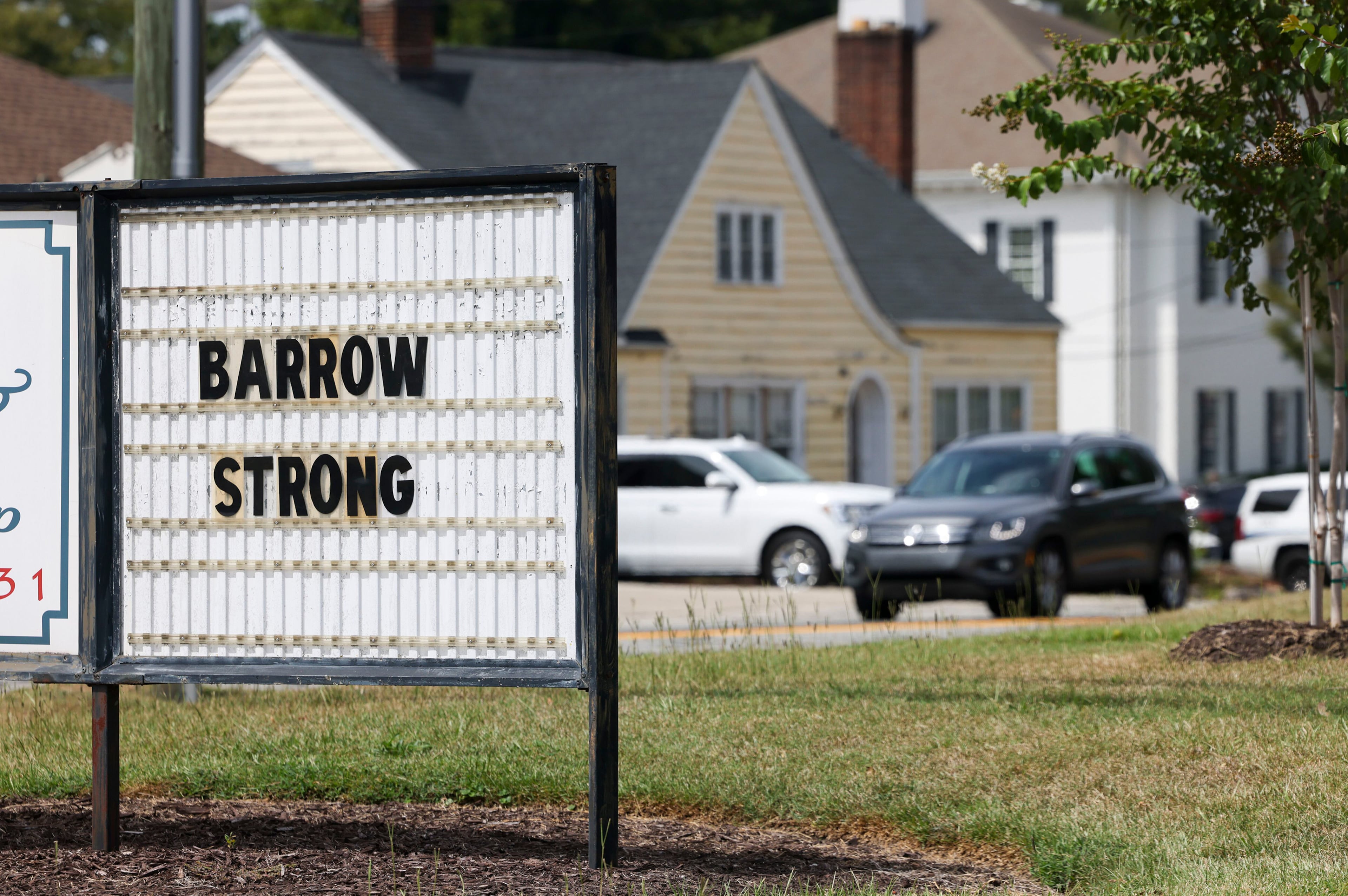Some Gwinnett school board members say they’ve been left out by colleagues

Gwinnett County school board members spoke frankly about their dysfunction during a training session focused on how the board works together, but they didn’t seem to get any closer to more cordial interactions.
Thursday’s session, which was not broadcast or recorded, was the board’s third in recent months and was led by staff from the Georgia School Boards Association. State law requires school boards to undergo annual training.
Member Tarece Johnson-Morgan said her input was being devalued and ignored. Chair Steve Knudsen said he listens to her statements and reads her written input. Johnson-Morgan also said the district retaliated against her by leaving her out of decisions and suggested there was an effort within the district to find a candidate to unseat her. No one responded to that statement.
Member Adrienne Simmons said she empathizes with Johnson-Morgan and said seeing input go overlooked can discourage people from speaking up.
For years, Gwinnett’s school board rarely disagreed in public. The board voted unanimously on most items. That’s changed.
The inability of school boards to work together or overexerting their influence in district operations has resulted in troubling consequences in several metro Atlanta systems. Then-Gov. Nathan Deal suspended six members of the nine-member DeKalb County school board a decade ago after the Southern Association of Colleges and Schools placed the district on probation. SACS found the local board to be a dysfunctional mess. In 2008, then-Gov. Sonny Perdue removed four Clayton County school board members after an administrative hearing judge said they had violated their duties under state law.
Gwinnett Board Vice Chair Karen Watkins said sometimes a majority will make a decision, and those opposed will feel they are unheard.
Watkins also said that she felt isolated and unheard when Johnson-Morgan was chair in 2022 and 2023: “I felt I was in the situation you’re describing,” she said. “I had to figure out a way to come to some sort of majority consensus.”
Watkins suggested the board needs to be able to find compromises or show more unified support of an adopted policy. “It feels like it’s all or nothing,” she said.
Watkins and Johnson-Morgan once were part of a majority on the board, and were two of three members who voted to end the contract of former longtime Superintendent J. Alvin Wilbanks.
In recent months, Johnson-Morgan has frequently challenged staff and Superintendent Calvin Watts, particularly over concerns that the district is not doing enough to provide for schools and students that do not have adequate resources.
Watkins, meanwhile, has been a vocal supporter of deferring to staff advice, pointing to the board’s unanimous adoption of a new discipline policy in August of 2022. That was later blamed for creating discord in schools.
District staff advised that roll out would take time, training and new positions. While the board or district didn’t instruct any procedural changes, the policy confused staff in schools about how they could manage student behavior. The district paused the policy and laid-out a long-term plan for implementation.
Board member Mary Kay Murphy didn’t say much during the training session, but she has long advocated for the board to heed staff advice and avoid getting involved in district operations. Knudsen said he was concerned with creating policies that micromanage the superintendent.
Johnson-Morgan and Watkins are each running for reelection in their respective districts. Johnson-Morgan is facing Jacquelyn Evenezer-Gold and Patrina King. Watkins is facing Leroy Ranel Jr. and Rachel Ruffin Stone.


